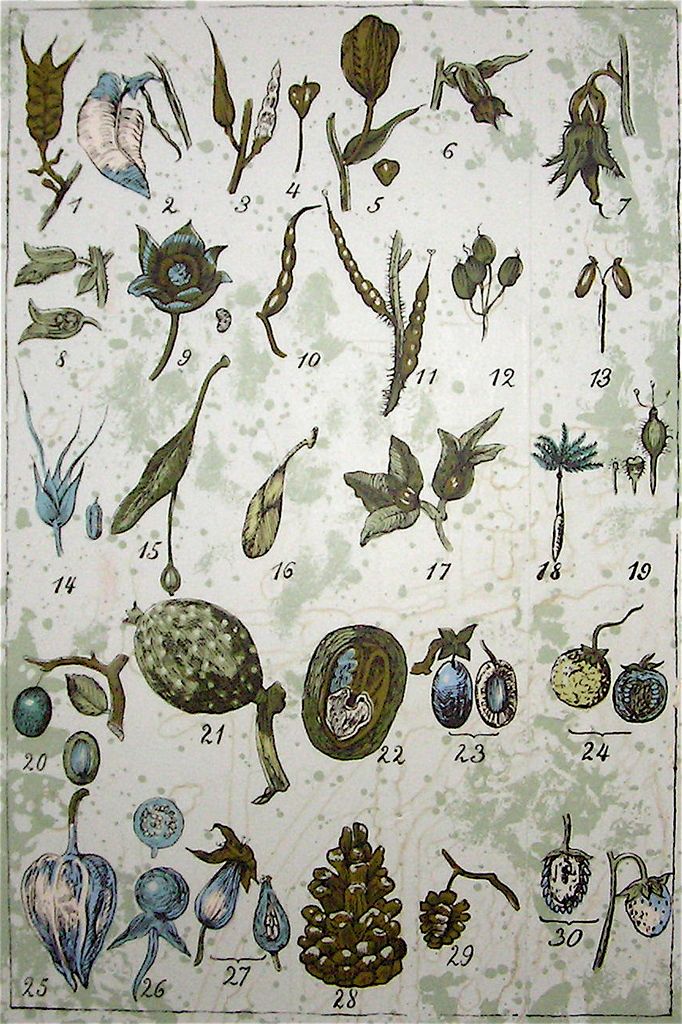Debate over Organ Donation: Which System - Consent or Presumed Consent - is More Effective?
Organ donation policies across the globe show a significant variation, and the question remains: should we opt in or opt out? To find answers, a team of researchers from the UK delved into the organ donation protocols of 48 countries to pinpoint which method seems to work best.
An opt-in system requires individuals to actively sign up on a register to donate their organs post-mortem. Alternatively, opt-out systems automatically authorize organ donation unless a specific request is made to oppose it prior to death.
Prof. Eamonn Ferguson, the lead author from the University of Nottingham, UK, recognizes the potential drawbacks of such systems relying on an individual's active decision:
"People may fail to act for various reasons, such as loss aversion, effort, or believing that the policy makers have made the 'right' decision and one that they support."
An inactive decision in an opt-in system could result in individuals intended to donate not doing so (a false negative). On the other hand, inaction in an opt-out system might lead to an individual who doesn't wish to donate becoming a donor (a false positive).
The US currently operates under an opt-in system. Last year, 28,000 transplants were made possible due to organ donors, with 79 people receiving organ transplants every day. Unfortunately, approximately 18 people die daily due to a shortage of donated organs.
Researchers from the Universities of Nottingham, Stirling, and Northumbria examined the organ donation systems of 48 countries over a 13-year period (23 with opt-in and 25 with opt-out). They found that countries using opt-out systems donated more kidneys overall - the organ most sought after by those on organ transplant lists. Opt-out systems also had a higher total number of organ transplants.
However, opt-in systems had a higher rate of kidney donations from living donors. According to Prof. Ferguson, this influence of policy on living donation rates "has not been reported before" and requires further attention. The study's limitations include not distinguishing among different degrees of opt-out legislation and not considering various factors affecting organ donation.
The researchers propose that their findings could inform future policy decisions but could be bolstered further by regularly collecting international organ donation information, such as consent type, procurement procedures, and hospital bed availability, and making them accessible to the public. They suggest that future studies should explore the opinions of those who must make the decision to opt in or opt out, examining issues from an individual's perspective using surveys and experimental methods.
Countries using opt-out consent still face organ donor shortages, and changing the system might not solve the issue. Instead, researchers propose that consent legislation or adopting aspects of the "Spanish Model," which combines opt-out consent with measures such as a transplant coordination network and improved public information about organ donation, might boost donor rates.
An intriguing question arises about animal organ farming for human transplants as a potential solution to the organ shortage. However, this issue may also be addressed through modifying organ donation policy.
[1] Institute for Kidney Research and Translational Medicine at the University of Cambridge, Presumed consent: making organ donation work, https://www.cambridge.org/core/journals/kidney-international-reports/article/presumed-consent-making-organ-donation-work/94302199, 2019
[2] Office for National Statistics, Organ donation and transplantation in England 2020, https://www.ons.gov.uk/peoplepopulationandcommunity/birthsdeathsandmarriages/deaths/bulletins/organdonationandtransplantationinengland/2020, 2021
[3] NHS Blood and Transplant, Current organ donor statistics, https://www.nhsbt.nhs.uk/donate/add-name-to-register/current-organ-donor-statistics/, 2021
[4] Transplant Links, Analysis of OPO and TSO data to improve living donor, http://www.transplantlinks.org/transplant-programs/analysis-of-opo-and-tso-data-to-improve-living-donor, 2021
- The study, led by Prof. Eamonn Ferguson from the University of Nottingham, UK, revealed that opt-out systems result in a higher number of overall kidney donations and total organ transplants compared to opt-in systems, but the latter has a higher rate of kidney donations from living donors, a finding that has not been previously reported.
- In the context of medical-conditions surrounding organ donation and health-and-wellness, the researchers suggest that future policies could benefit from regular collection and public accessibility of international organ donation data, including consent types, procurement procedures, and hospital bed availability.
- To tackle the issue of organ donor shortages, scientists propose modifying organ donation policy or adopting aspects of the "Spanish Model," which combines opt-out consent with transplant coordination networks and improved public information about organ donation.
- As the question of animal organ farming for human transplants as a potential solution to the organ shortage arises, it may be addressed through policy modifications rather than relying on advanced science and medical-conditions.








